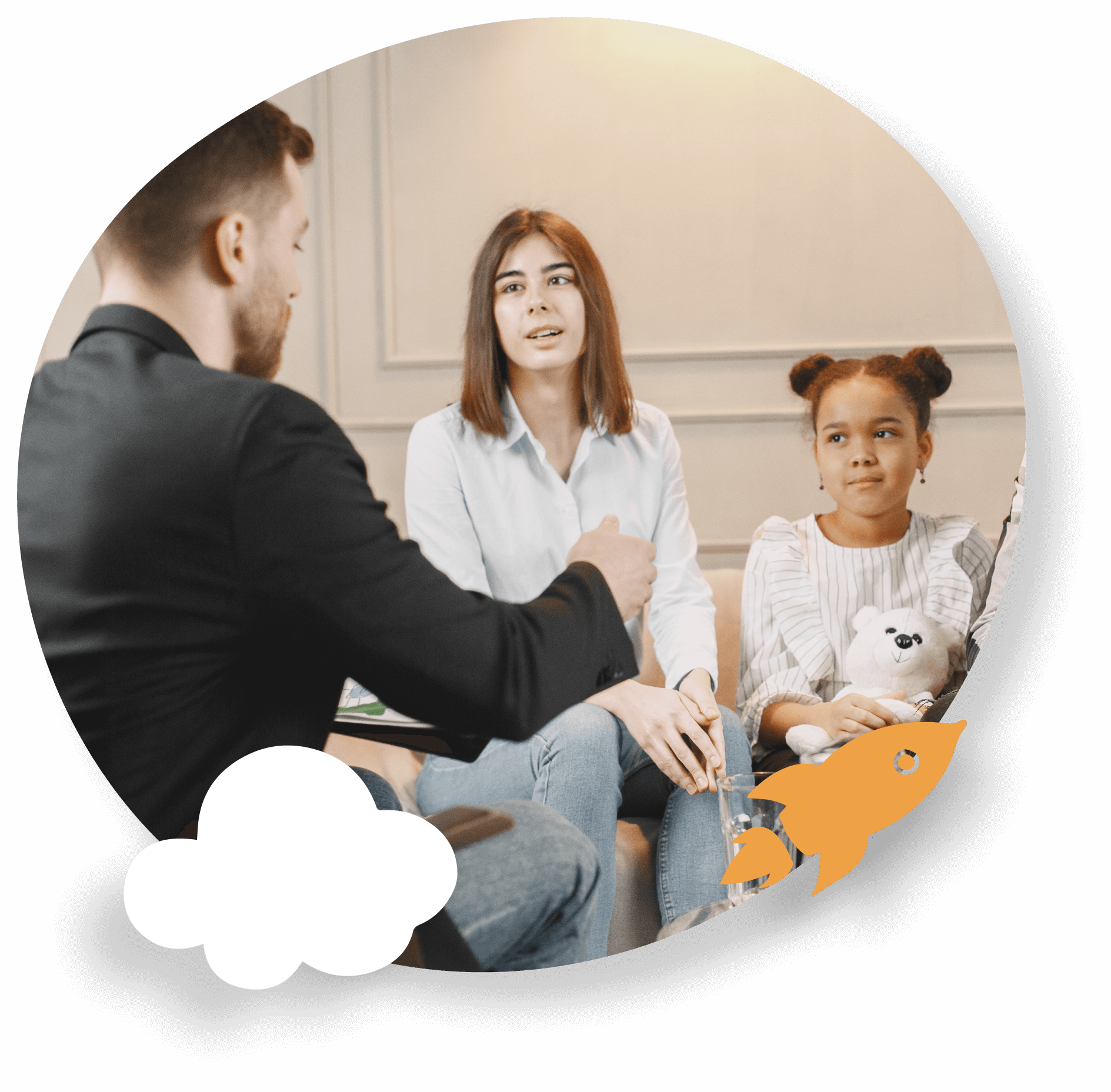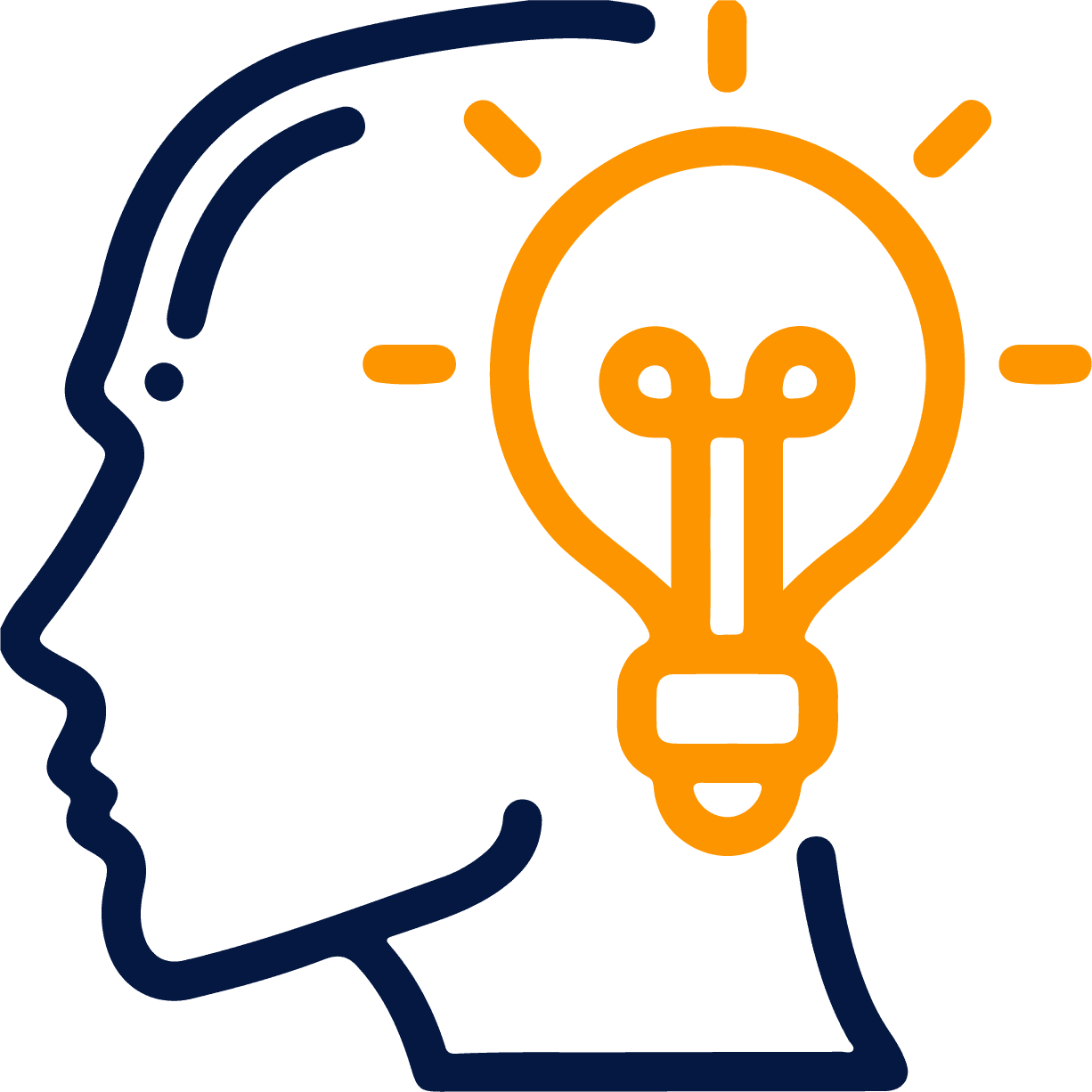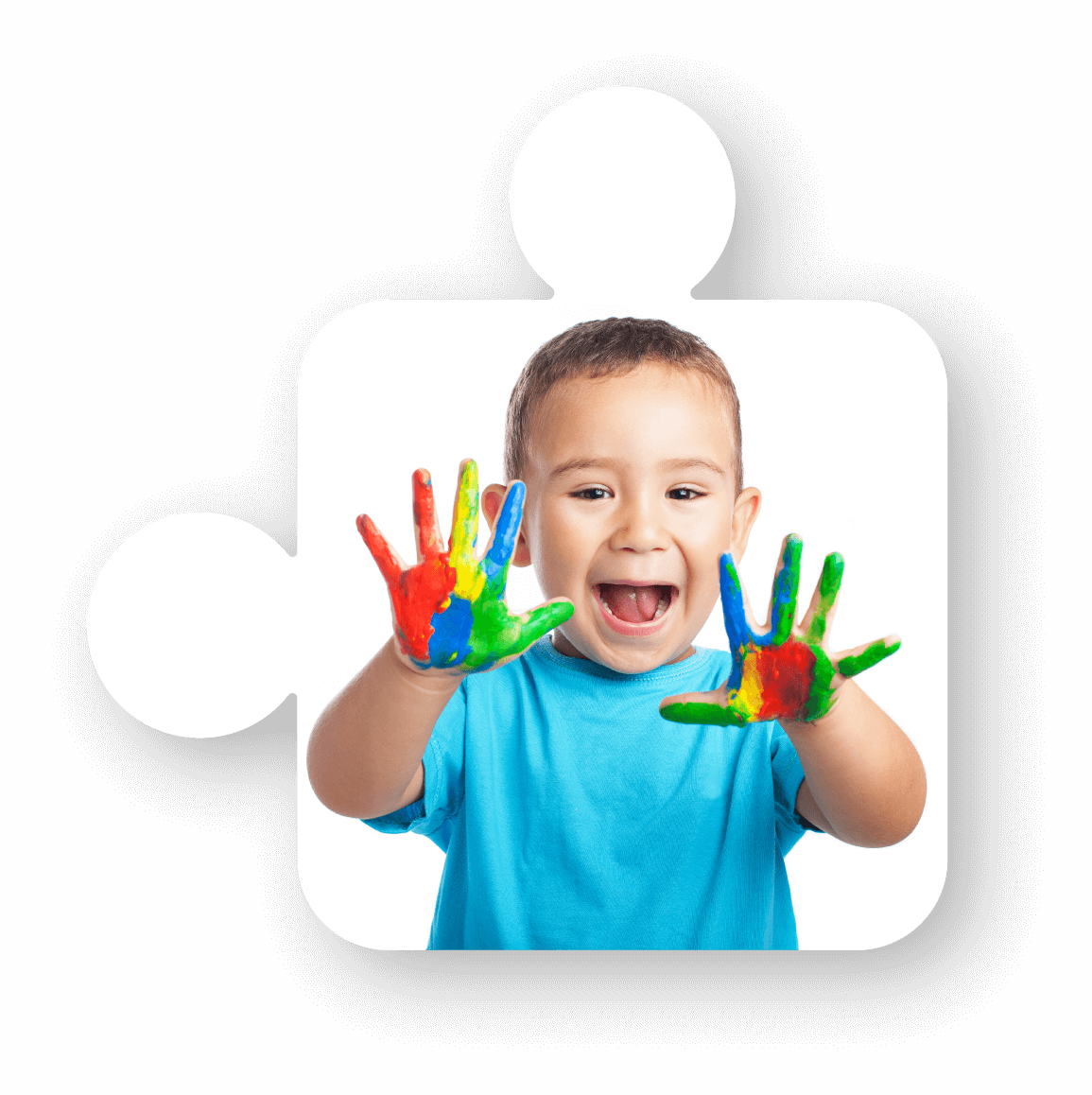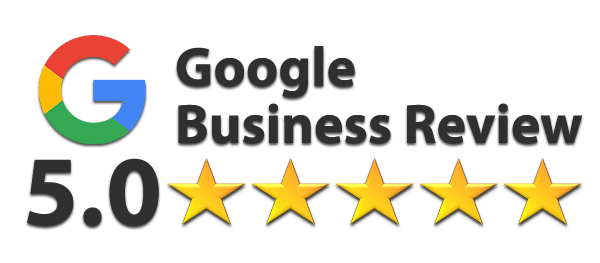Unlock Your Child’s Potential with
ABA Therapy in Chesapeake
Our personalized ABA therapy helps children with autism develop social, communication, and life skills. Let us help your child thrive.
Get in Touch with Us
Best Autism Therapy In Chesapeake, VA
Serving Chesapeake, Norfolk, Virginia Beach Areas
If you’re looking for high-quality Autism Therapy services in Chesapeake, Virginia, AutismCOE is the place to be. Our dedicated team of experienced therapists is here to provide individuals with Autism Spectrum Disorder with effective and personalized treatment. Each person is unique, and our therapists use their expertise to tailor their approaches to each individual’s specific needs. AutismCOE’s mission is to improve the lives of people living with autism spectrum disorder in Chesapeake and beyond.
Chesapeake Autism Clinic
236 Mustang Trail, Suite 105, Virginia Beach, VA 23452
Benefits That Last A Child’s Lifetime
Improve Focus & Social Skills
Better Speech & Communication
Reduce Challenging Behavior
Applied Behavior Analysis (ABA)

Applied Behavior Analysis (ABA) is a therapeutic approach that focuses on understanding and modifying behavior. It is commonly used to help individuals with autism spectrum disorder (ASD) and other developmental or behavioral challenges. ABA therapy involves assessing a person’s behavior, identifying the factors that influence it, and then using specific techniques and strategies to promote positive changes in behavior and skill development.


In-Home ABA Therapy
in Chesapeake
Discover the profound impact of In-Home ABA Therapy for Autism, where our skilled therapists assist children in reaching crucial developmental milestones and honing vital skills within the familiarity of their own residence. Through a commitment to personalized care, we cultivate a nurturing atmosphere that encourages growth, independence, improved communication, social interaction, and mastery of daily life skills. Explore the boundless potential of our all-encompassing In-Home ABA Therapy services available in Chesapeake, VA.
How We Help The Kids
Our clinical team carefully designs a positive behavior support plan to teach critical replacement behaviors while reducing challenging behaviors. Our care is compassionate, with your child and your family in mind.
Our clinical team carefully designs a positive behavior support plan to teach critical replacement behaviors while reducing challenging behaviors. Our care is compassionate, with your child and your family in mind.
Self Care Skills
Social Skills
Fine Motor Skills
School Readiness
Emotional Development
Language & Communication
Play & Leisure Skills

Parent Education

Cognitive Skills

From Our Regional Clinical Director
– Rachael Cain
3 Steps to Starting ABA Therapy
Our staff will support you each step of the way
1
Your Initial Consultation
Our journey together starts with a conversation. We’ll sit down with you to hear your story, discuss your child’s developmental history, and understand your specific concerns. This is a no-judgment zone where your observations are valued.
2
The Evaluation
Using the most respected and up-to-date assessment tools (like the ADOS-2), our psychologist will interact with your child in a gentle, play-based environment. We observe their communication, social, and behavioral patterns to get a complete and accurate picture of their unique profile.
3
Treatment Plan
At this stage, we’ll explain the results of the evaluation in clear, simple language. You’ll receive a personalized treatment plan with recommendations for therapy, school support, and community resources to help your child grow.
Our Promise to You
Our goal is to celebrate each child’s unique gifts while helping them develop tools that serve them later on in life. Our clinicians create individualized treatment plans developed for your child. Our approach includes lifelong skills for parents, caregivers, and support for the entire family. We will be with you every step of the way, guiding and supporting you, to ensure your kids learn life skills along with all goals that are set for them.

Frequently Asked Questions & Answer
What Therapy is Better than ABA?
While Applied Behavior Analysis (ABA) therapy is widely accepted as an effective treatment for autism, some people believe that other options are more ethical or better suited to specific individuals. Cognitive Behavior Therapy (CBT), Floortime Therapy, Music Therapy, Play Therapy, and Relationship Development Intervention are some of the alternatives.
Is ABA Therapy for Severe Autism?
Occupational therapy is another option that is frequently contrasted with ABA therapy. Although they have some similarities, they have different goals, techniques, and benefits. Some argue that occupational therapy is a better option because it focuses on life skills rather than behavior modification, which is the primary goal of ABA Therapy.
How successful is ABA Therapy?
Behavioral intervention is also an effective option for autistic children and youth, usually used alongside occupational and speech therapy. Some therapists propose that the level of education required for occupational therapy gives it an edge over ABA Therapy
What is the Difference between an ABA and Behavior Therapist?
The main difference between an ABA and a Behavior Therapist is their training and approach. An ABA Therapist utilizes the principles of Applied Behavior Analysis to modify behavior, while a behavior therapist might use a variety of approaches, including CBT, to support individuals in managing behaviors.
What Age Group is Suitable for ABA Therapy?
ABA therapy can be effective for all ages, but it’s especially beneficial when started early. Some providers accept children as young as 24 months old.
Can I Attend Therapy Sessions with My Child?
Yes, we encourage family involvement in the treatment process. We work to build a nurturing environment in which the child will grow and develop while engaging families in the process of developing strategies for support and learning at home. You are welcome to participate in sessions and communicate with therapists to better understand what is happening in your child’s day and where additional support is needed.
Which Centers Offer In-Home ABA Therapy?
AutismCOE offers In-home ABA therapy services in Chesapeake and surrounding areas including Norfolk, Virginia Beach, and more. Our skilled teams of therapists deliver home-based individualized care in the comfort of your child’s home, practicing new skills in a familiar environment while children meet developmental milestones.
Where Can My Child Get Tested for a Diagnosis in Chesapeake, VA?
For diagnostic assessments, we recommend consulting a developmental pediatrician, psychologist, or specialized autism diagnostic center near you in Chesapeake, VA. We would be glad to be able to recommend or assist you in finding resources that may be able to guide you in determining the child’s diagnosis.
Is ABA similar to CBT?
Applied Behavior Analysis (ABA) and Cognitive Behavioral Therapy (CBT) share some similarities but are distinct therapeutic approaches. ABA focuses on understanding behavior, often used for individuals with developmental disorders, while CBT addresses thoughts, emotions, and behaviors in a wide range of psychological conditions.
What are the Disadvantages of ABA?
- Intensity and time-consuming nature: ABA often requires intensive therapy sessions, which can be demanding for both the child and the family.
- Criticisms about its focus on behavior modification: Some argue that ABA’s focus on behavior modification might overlook the individual’s emotional needs or fail to consider underlying causes of behavior.
- Ethical concerns: There have been debates about ethical issues related to the use of certain ABA techniques, especially those that some consider coercive or restrictive.
At What Age does ABA Therapy Stop?
The age at which ABA therapy stops varies based on individual needs and progress. Typically, it’s more common in early intervention, often starting as early as 2-3 years old, but it may continue through childhood and adolescence.
What is the Success Rate of ABA for Autism?
Success rates for ABA therapy in treating autism vary widely. Success can depend on factors such as the individual’s specific needs, the intensity and duration of therapy, the quality of intervention, and family involvement. Some studies show significant improvements in social behavior, communication, and daily living skills, while others highlight variability in outcomes.
Do Centers Provide In-School Therapy Services?
Our therapists can collaborate with teachers and school staff to create consistent strategies that reinforce skills learned in therapy. We can also provide recommendations for additional support to ensure your child succeeds in the classroom setting.
Can ABA Therapy Serve as a Substitute for School?
ABA therapy is not intended to be a substitute for school. instead, it provides for education complemented by skills that focus on helping children acquire functionality in their social lives, communication, and readiness at school. Specifically, for children who will eventually enter regular schools, AutismCOE offers a School Readiness Program to build confidence and mastery in the classroom for academics and social growth.
Does ABA Therapy Cure Autism?
ABA therapy cannot cure autism since the condition is life-long. The process of ABA therapy helps those children with autism know what they need to learn or what they are supposed to be able to do besides enhancing communication and reducing challenging behaviors. Our approach at AutismCOE is to help each child reach the fullest potential by increasing independence and the quality of life for them to be able to thrive in a variety of settings.
Is It Possible to Combine Center-Based and In-Home Therapy?
Absolutely, we can do center-based and in-home ABA therapy together. In fact, it is this format that many families have found to be helpful; they send the child to build new skills in structured and social environments at our center in Chesapeake, VA, and then reinforce those skills in the home environment. We will work with you to create a comprehensive treatment plan that integrates both settings based on your child’s unique needs and goals.
Reviews from Parents


